Mankind is now constantly pressurised into solving climate change and the shortage of resources in a short period.
This struggle is not to be considered an easy task as meticulous planning and management need to take place before the solution implementation. In order to make a change in this global warming era, experts must take extra precautions in their projects as uncertainties and mistakes are bound to happen. Though, it is a notable fact to say that these cautionary measures will further support the ESG movement set by the United Nations.
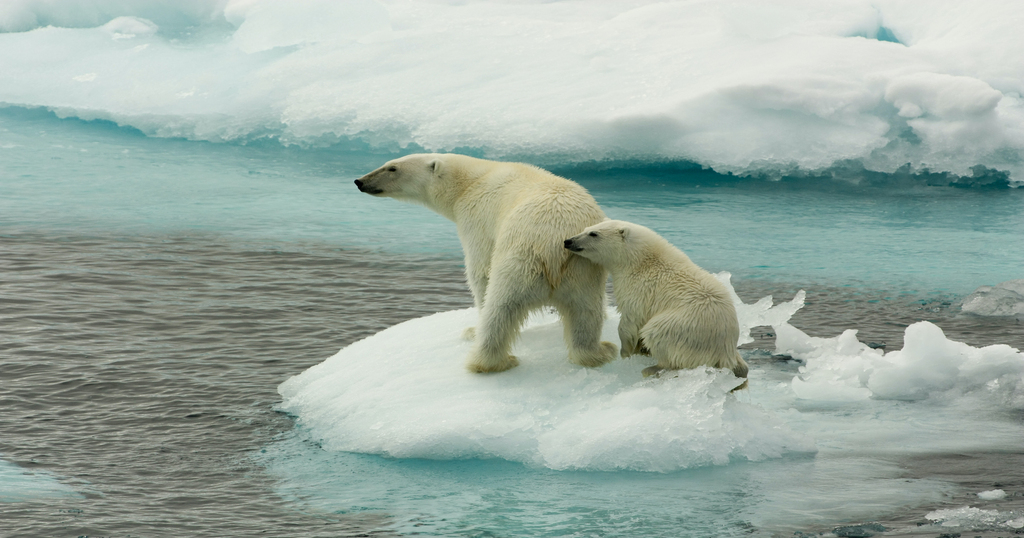
Climate change is not only about droughts and floods, it is making negative changes to our ecosystem including high-rising sea levels, lessening food and crop production and even the discovery of deadly and infectious diseases.
In 2015, The United Nations introduced the Sustainability Development Goals (SDGs) as a method to help countries gain peace and prosperity while also urging sustainability movements for the good of our generation and those in the future.
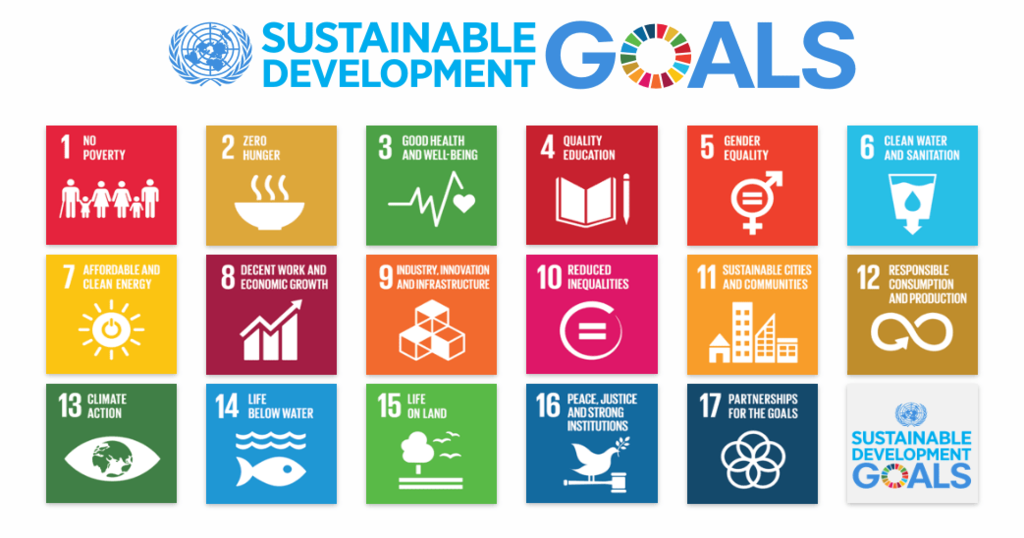
The SDGs are not only aiming to solve climate change, but it is also a set of strategies that are able to improve the lives and health of people including the impoverished. With this guideline, nations across the globe can further support the movement while maintaining a sustainable lifestyle.
Recognising the change in our climate!
Contrary to other planets in the Milky Way, the Earth receives a safe amount of sun radiation without harming the skin cells in humans. This is due to the ozone layer protection that acts as a barrier around Earth.
With this invisible shield protecting us from dangerous solar radiation and skin cancer, we are able to live our lives and grow crops freely without any dangerous radiation from the sunlight. In the last few decades, humans got too comfortable and forgot about the unpredictable effects on Earth and causing an alarming rise in deforestation cases which is one of the many causes of global warming.
More and more plants are getting endangered and not able to photosynthesise accordingly while we dwindle in the luxuries made from natural resources.
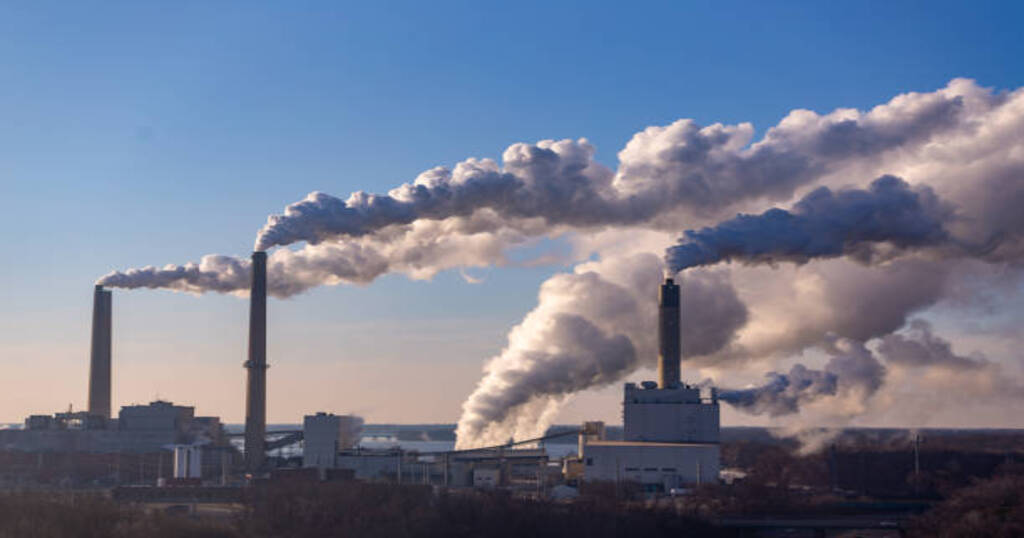
While we gain satisfaction, we also lose a significant amount of oxygen which is our only source to breathe, live and filter out other excessive gasses.
Power generation is also partly responsible for making climate change worse. Fossils such as coal and natural gas that are burnt are causing a lot of gas emissions, with an estimation of around 450 grams of CO2 per kilowatt-hour.
With the gas pollution taking place, around 93 percent of children are breathing toxic air that can affect their health and development tremendously. (According to the World Health Organisation in 2018)
Worldwide overconsumption plays an important part in this global issue. It is estimated that around 1.3 tonnes of produced foods are rotting away in landfills due to poor transportation and harvesting practices.
Despite the recent drop in the global economy, consumers and providers are yet to take action to avoid this issue. Due to our ignorance, the environment is degrading fast and is causing our planet to destruct much faster than we expected.

Making changes for the better!
In recent years, scientists and experts have experimented with multiple ways to provide a better and more sustainable lifestyle. Their research has proven to be fruitful as it supports the SDGs while allowing us to have an unharmed way of life. While one may not make the changes appear drastic, a whole team might make it reasonable and impactful to everyone.
It’s 2022. Our energy resources are now much more vast if we compare them to the 1950s. Instead of supporting energy generation plants that would consume too much fossil gas and petroleum, why not invest in solar panels? With zero harm to the environment and reduced CO2 emissions that can last up to 30 years, we can easily reduce greenhouse gas emissions. Plus, solar power is 100% free once you’ve finished installing the panels.
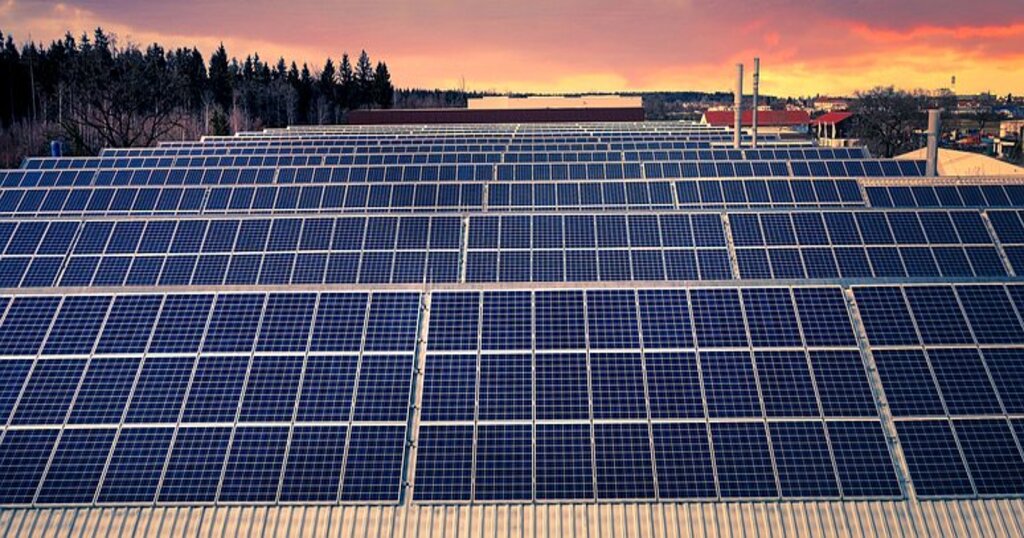
Our local forests and trees help a lot in producing oxygen while “consuming” carbon dioxide. This photosynthesis process has helped greatly in reducing climate change. Though, without trees, we would be low on oxygen and be more exposed towards toxic gasses. Plus, some trees bear delicious fruits, so how about killing two birds with one stone?
It’s important for us to not bite more than we can chew. Being responsible for our consumption is very important in order to fight climate change. We are the hope of our generation and those in the future and so it is important we leave a prosperous land for those to come.
“Sustainable consumption and production can also contribute substantially to poverty alleviation and the transition towards low-carbon and green economies.” (UN Environment Programme, 2020).
Should we really change for a better Earth?
It is without a doubt, important for us to take extreme measures in preserving our planet for the years to come. Without any action, we are bound to be doomed faster than we expect.
The world is not showing any signs of cooling down any time soon so it is time we open our eyes and hearts to sustaining the Earth for the generations to come. With the right action, we can avoid so many natural disasters such as flash floods, landslides, extreme storms and droughts and even lessen the possibility of volcano eruptions.
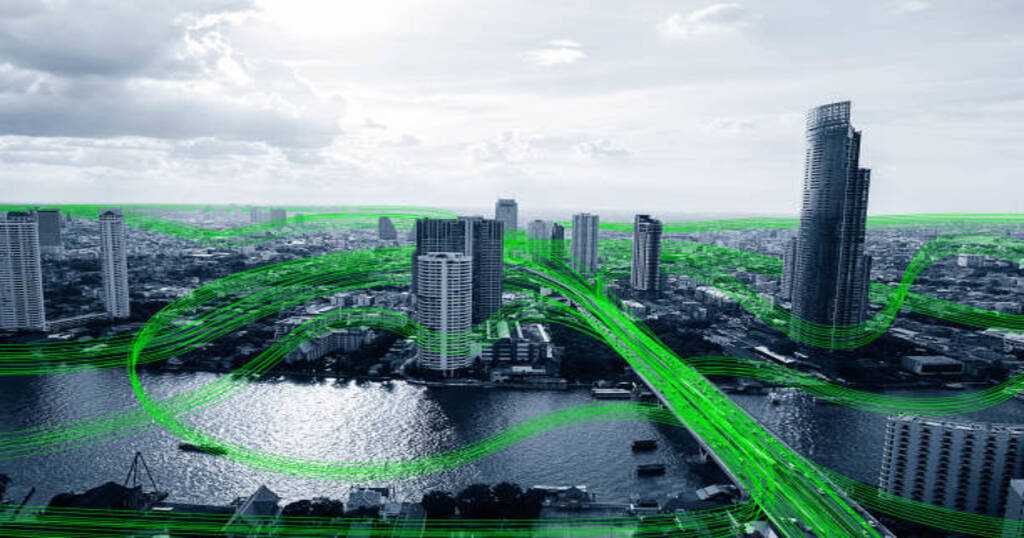
A global and radical change should take place so everyone can continue living their lives better. By supporting renewable energy consumption and conserving our local forests and plants, we can greatly cause a positive impact towards our motherland.
Let us all walk hand in hand, become responsible consumers and maintain a sustainable lifestyle for a better future.
For more information about the 6th annual ICLAD or ILSAS, log onto www.iclad.com.my or straight away to www.iclad.com.my/call-for-participants to sign up for our international conference.
See you there!







 Users Today : 75
Users Today : 75 Views Today : 203
Views Today : 203 Total views : 1017530
Total views : 1017530